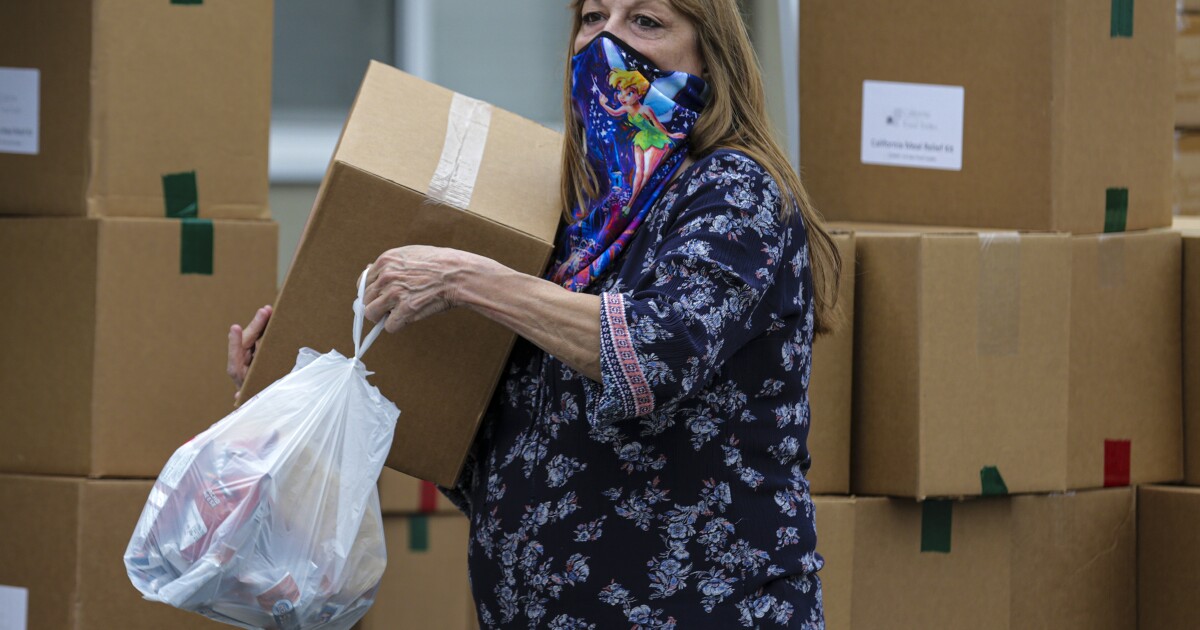National leaders are increasingly promising a green industrial revolution to drive their economies’ post-Covid recovery. They are right in believing we cannot go back to our bad old ways. But expensive investments in technologies such as offshore wind turbines and carbon capture and storage risk overlooking our greatest ally in building a healthier, wealthier, more resilient economy: nature itself.
Nature underpins our well-being on many levels. We depend on it not just for food and much of our fuel, but also for clean air and water, and the complex regulation of our climate. A recent World Economic Forum report estimates that more than half of the world’s GDP depends on it and its services.
As the coronavirus has taught us, healthier ecosystems also mean healthier humans. If we make a serious effort to protect and restore wildlife habitats, we will be lowering the risk of harmful pathogens such as Covid-19 jumping species from animals to humans.
Nature also helps us fight climate change and protects us from its worst effects. Marine and terrestrial ecosystems sequester 60 per cent of human CO2 emissions, according to UN assessments. Polar ice caps reflect sunlight and keep the Earth habitable (which is why their melting is cause for alarm). Forests and marshlands mitigate the impact of floods.
Covid-19 should not have come as a surprise. The world was warned that it was a pressing risk arising from the loss of biodiversity and climate change. And other threats, most notably our climate emergency, have not gone away during the pandemic. We need to build our societies’ resilience to emergencies of all kinds. Our current planning and preparation for viruses, for rising seas and other effects of climate change, are not enough.
Credit:
Getty
The clear link between human health and that of our planet has convinced many governments to back a “green” recovery. This is welcome, but more attention should be paid to “nature-based solutions” that harness the power of nature to both fight and adapt to climate change.
There are many “shovel-ready” green infrastructure priorities that can be readily incorporated into Covid-19-related stimulus and recovery programmes. New York’s Green Infrastructure Plan, for example, lays out how the city could cut the costs of flood protection by $1.5 billion over 20 years by combining “green” policies – such as including more trees and plants on rooftops and in city spaces to help capture water – with “grey” infrastructure such as dams and reservoirs.
Restoring natural habitats helps build stronger communities – just what we need right now. Forests and wetlands, for example, can slow the flow of floodwaters and reduce the risk of inundation. In towns and cities, parks and ponds can help do the same. They are used extensively in the Netherlands, my home country, to soak up floodwaters from rivers and storm surges.
Credit:
Getty
In cities like Rotterdam – 90 per cent of which lies below sea level – we have torn up gravel and planted grass. Underground car parks double up as reservoirs in bad storms. Gardens are planted on rooftops. The entire city is a showcase for climate adaptation. Even the new headquarters of the Global Center on Adaptation, of which I am CEO, is a floating office, moored to a dock.
Nature-based solutions often bring multiple benefits. In the right place, a woodland can store carbon, reduce flood risk, provide a habitat for plants and animals and opportunities for recreation. One good example is a project which is transforming the considerable landholdings of the UK’s National Health Service into woods and recreation grounds in a collaboration between a public agency and private businesses and charities.
In September, Zac Goldsmith, the country’s minister for the environment, told a conference that nature-based solutions could provide around a third of the most cost-effective climate change mitigation that we need by 2030, while also helping to reverse biodiversity loss and assist people in adapting to their altered circumstances. He added that the fact that nature-based solutions attract just 3 per cent of global climate investment “made absolutely no sense at all”.
I could not agree more. The truth is, we need nature more than it needs us. If we are to build a new, more resilient post-Covid world, our economic systems must begin to value nature in the same way they value other scarce resources, like technological innovation and capital. If we can work with nature rather than against it, we will be building a more solid foundation for human wellbeing and environmental and economic health, not just for today, but for generations to come. Next year’s COP26 climate summit could not be more important in creating a greener, more resilient and inclusive future for all.
For more information see gca.org

